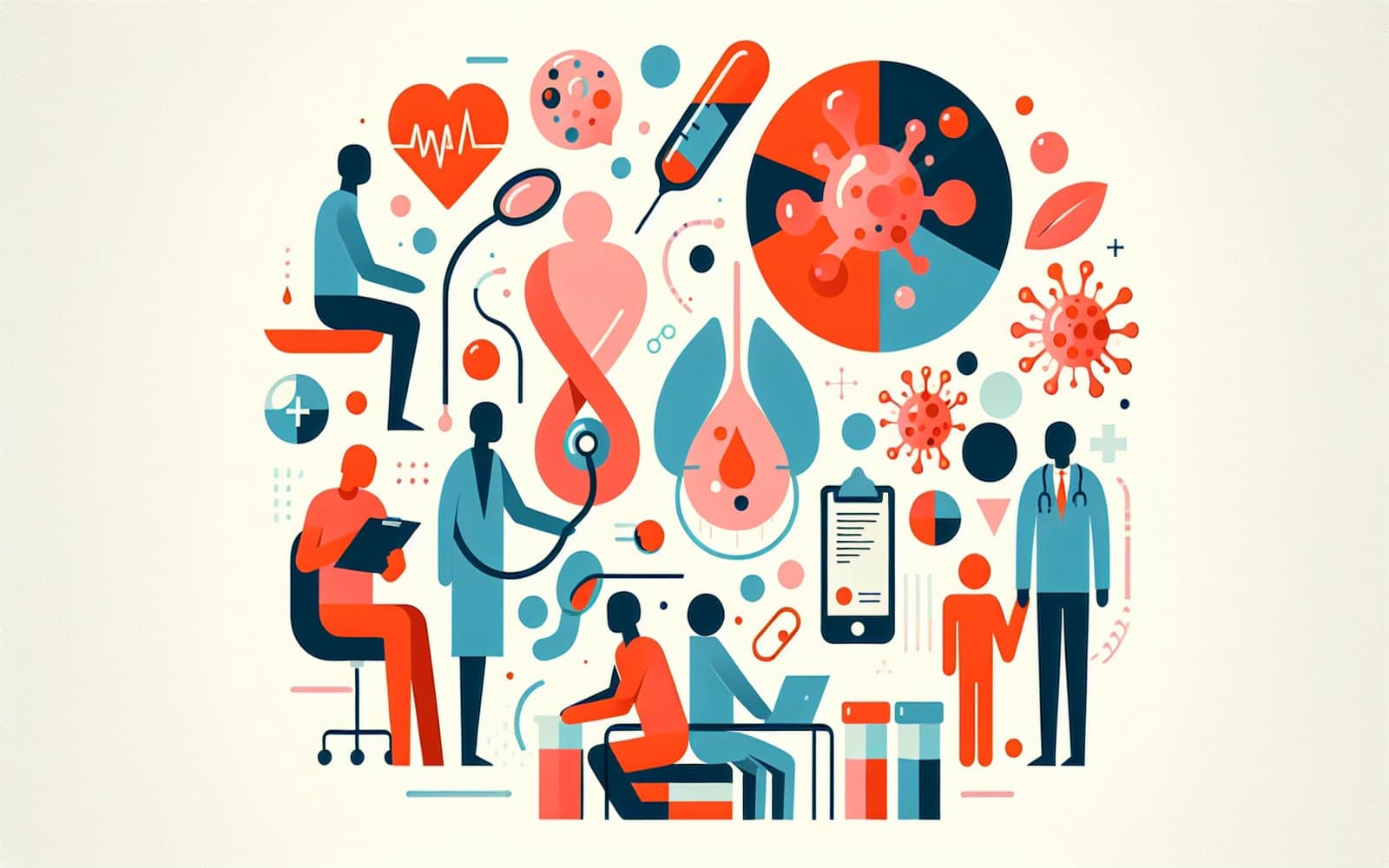How is Disseminated Gonococcal Infection Diagnosed?
Published: Jun 01, 2024
Diagnosing Disseminated Gonococcal Infection (DGI) requires a combination of clinical evaluation and laboratory testing. This guide outlines the key steps in the diagnostic process.
Contents
Clinical Evaluation
The first step in diagnosing DGI is a thorough clinical evaluation. This includes assessing symptoms like joint pain, skin lesions, and any recent sexual activity. A detailed medical history helps identify potential risk factors.
Laboratory Testing
Laboratory tests play a crucial role in confirming DGI. Blood cultures and nucleic acid amplification tests (NAATs) for Neisseria gonorrhoeae are standard, though cultures may often be negative. Testing specimens from mucosal sites can also aid in diagnosis.

Importance of Differential Diagnosis
Differential diagnosis is vital to rule out other conditions with similar symptoms, such as septic arthritis or other sexually transmitted infections. Accurate diagnosis ensures appropriate treatment and management.
Frequently Asked Questions
Initial evaluation involves clinical assessment of symptoms and history.
Blood cultures and NAATs are key tests for confirmation.
It helps rule out other conditions with similar symptoms.
Yes, testing specimens from mucosal sites can aid in diagnosis.
Key Takeaways
Accurate diagnosis of DGI is crucial for effective treatment and recovery.
Talk to Doctronic for a comprehensive diagnostic evaluation of DGI.Related Articles
References
Visser S, Tupper J. Septic until proven otherwise: approach to and treatment of the septic joint in adult patients. Can Fam Physician 2009; 55:374.
Shmerling RH, Delbanco TL, Tosteson AN, Trentham DE. Synovial fluid tests. What should be ordered? JAMA 1990; 264:1009.
Always discuss health information with your healthcare provider.

